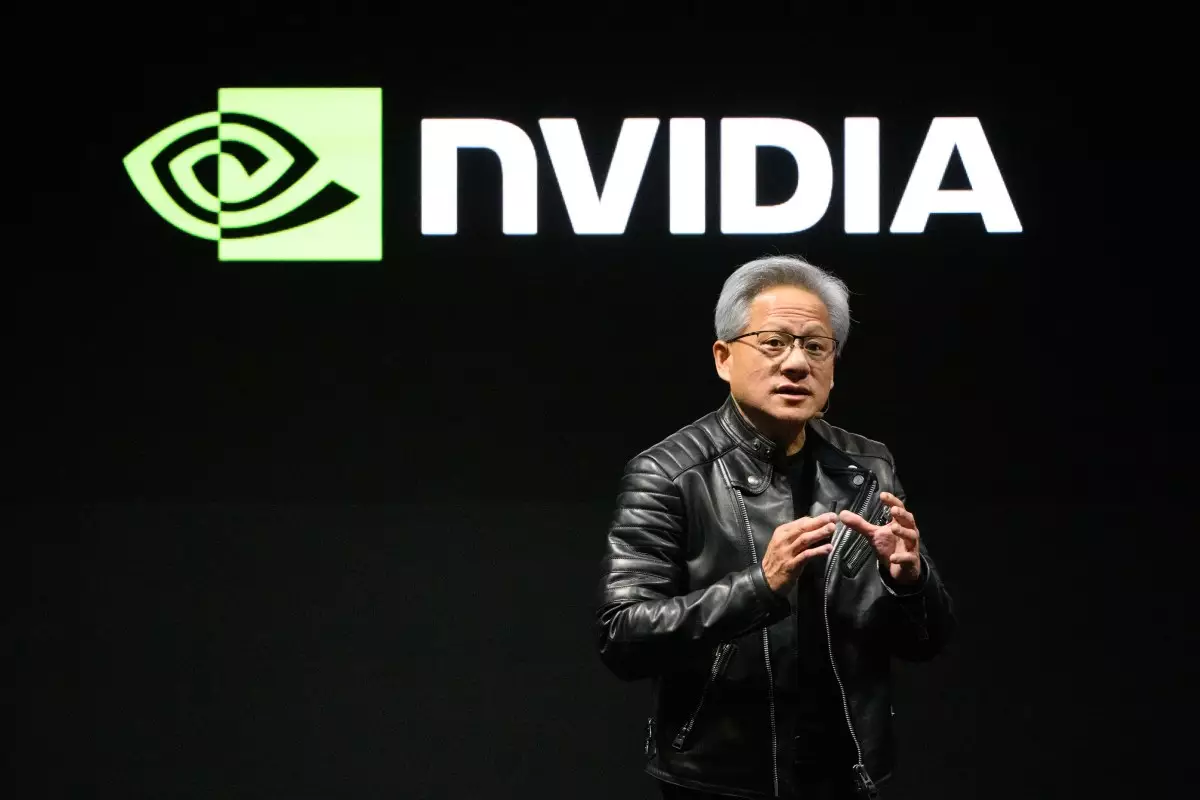Despite mounting geopolitical obstacles, Nvidia remains unwavering in its strategic goal to secure a substantial foothold within China’s burgeoning AI ecosystem. The company’s ongoing development of a new AI chip, reportedly designated B30A, signifies more than just product innovation; it embodies a calculated effort to navigate the intricate dance of international diplomacy and technological sovereignty. Nvidia’s determination reveals a nuanced understanding that in the fiercely competitive landscape of artificial intelligence, maintaining access to China’s vast market is not merely a business decision but a strategic imperative. This move underscores an intrinsic belief that the future of AI leadership will be shaped by those who control the critical components—such as high-performance chips—especially as global power dynamics shift unpredictably.
Technological Adaptation Versus Political Constraints
The design of the B30A chip demonstrates Nvidia’s adaptable engineering approach—aiming to deliver a product more powerful than the currently approved H20 GPUs while remaining within the constraints imposed by U.S. export controls. Its single-die architecture, compared to the dual-die design of the flagship B300 series, exemplifies a method to balance performance with compliance, thus enhancing its potential viability in China. This strategic compromise reveals a nuanced acknowledgment of the geopolitical boundaries that shape global tech distribution. Nvidia’s statement emphasizing full compliance with governmental approvals suggests a delicate equilibrium—balancing ambition with the necessity of political appeasement. Nonetheless, the uncertainty around approval indicates an ongoing tug-of-war that could significantly influence the company’s ability to capitalize on Chinese demand for AI innovation.
Implications of Geopolitical Tensions on Innovation and Market Power
The interplay between U.S. export policies and China’s tech ambitions highlights a broader contest over technological supremacy. While critics warn that tightening restrictions hinder innovation and lead to fragmented global markets, Nvidia’s efforts reveal a different perspective: that strategic adaptation—not total isolation—is essential. By designing chips that can be sold under complex legal constraints, Nvidia positions itself as a resilient contender, capable of extracting value even within strict regulatory frameworks. However, this approach isn’t without risks. Relying on favorable political climates and approvals makes Nvidia’s future profits vulnerable to diplomatic shifts. Conversely, if restrictions are relaxed, the company stands to reclaim and solidify its presence—a move vital in the ongoing global AI gold rush where dominance is as much about political influence as technological edge.
Market Dynamics and the Race for AI Supremacy
Nvidia’s game plan epitomizes the broader strategic contest among global tech giants vying for dominance in an AI-driven future. As China’s domestic companies, like Huawei, increasingly develop their own AI ecosystems, Western firms realize they cannot afford to cede dominant positions without risking long-term competitiveness. The risk of losing China’s lucrative market could mean losing a vital segment of the global AI supply chain and innovation pipeline. Nvidia’s nuanced maneuvering—developing a new chip while negotiating political limits—reflects the reality that technological leadership is inseparable from geopolitical agility. The company’s actions suggest a refusal to relinquish its ambitions, even as the landscape grows more volatile. For Nvidia, maintaining an edge in China isn’t just strategic business; it’s about shaping the future contours of the AI industry and cementing its role as an unassailable leader amid shifting international alliances.

